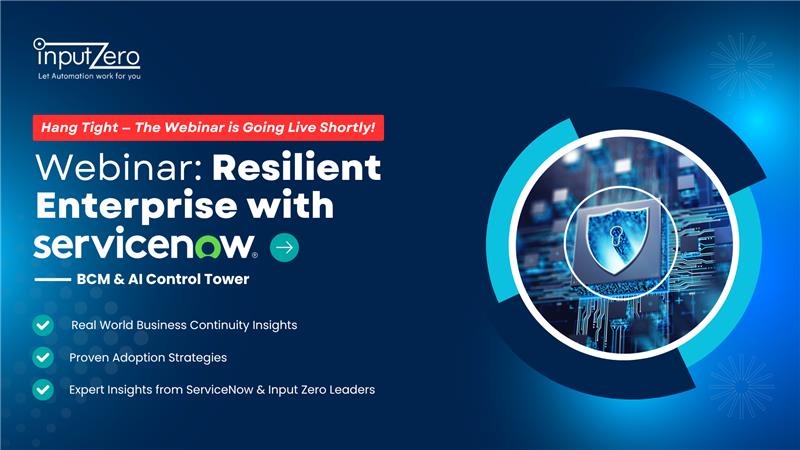In the past few years the world has experienced nothing short of an AI revolution. AI has quickly developed from a cutting-edge research tool to a necessary component of our everyday lives. What started out as a conversational assistant has developed into a technology with almost infinite applications. Naturally, one could wonder what fascinating advancements in AI lay ahead given its extraordinary rate of advancement.
Let’s explore emerging trends that are shaping the future of AI.
Multimodal Models
Multimodal AI models are capable of processing and understanding information from various formats, such as text, images, and audio. Unlike traditional AI systems limited to textual data, these models can analyze complex inputs to generate comprehensive outputs. Imagine an AI assistant like J.A.R.V.I.S. from Iron Man, capable of visually assessing problems and providing verbal solutions. The global multimodal AI market is poised for significant growth, reaching an estimated $10.89 billion by 2030, driven by advancements in deep learning that enhance model accuracy and reliability.
Small Language Models
Large Language Models (LLMs) have been at the forefront of the AI revolution, but bigger doesn’t always mean better. Recently, smaller, specialized AI models have been gaining traction. Why? Because training large models requires massive datasets and extensive computational resources, they are expensive to develop and maintain.
In contrast, Smaller Language Models (SLMs) offer a flexible alternative. They can be customized to meet specific enterprise needs, operating with fewer parameters while delivering highly accurate, context-specific results. These models are not only more efficient and cost-effective but also easier to secure against cyber threats.
The compact nature of SLMs leads to lower computational and financial costs. Their manageable size allows them to be deployed on-premises or in private cloud environments, minimizing the risk of data breaches and keeping sensitive information securely within the organization.
As technology advances, we can anticipate a rise in tailored AI solutions designed for specific industries and applications.
The Rise of AI Governance
It’s undeniable that AI is advancing at an unprecedented pace. As AI continues to shape our world in profound ways, it becomes essential to establish clear guidelines for its development and ensure these are upheld through effective governance. With AI’s growing sophistication, ethical considerations and regulatory frameworks are more critical than ever. Responsible AI governance is crucial to ensure that AI is developed and deployed in a way that serves humanity’s best interests.
AI governance is especially vital when machine learning algorithms are used to make decisions. These algorithms can sometimes harbour biases, such as racial profiling, leading to serious consequences—like wrongly denying individuals access to healthcare, and loans, or even misidentifying criminal suspects. Governance frameworks are necessary to address and prevent such injustices, ensuring that AI-based decisions are fair and respect human rights.
As we move forward, the development of standards, guidelines, and policies will be key to mitigating risks and maximizing the benefits of AI, paving the way for a more equitable and responsible future in AI technology.
These three trends are set to shape the future of AI in the coming years. As AI continues its rapid growth, it’s crucial not only to stay aligned with these market trends but also to integrate AI into our everyday systems to enhance functionality. The future of AI is promising, offering significant advancements with multimodal models, while also ensuring that progress is made safely and responsibly. Moreover, the emphasis on Small Language Models (SLMs) highlights a shift toward more efficient and scalable solutions. As AI evolves, it promises not only to expand our capabilities but to do so in a manner that is both innovative and secure.


